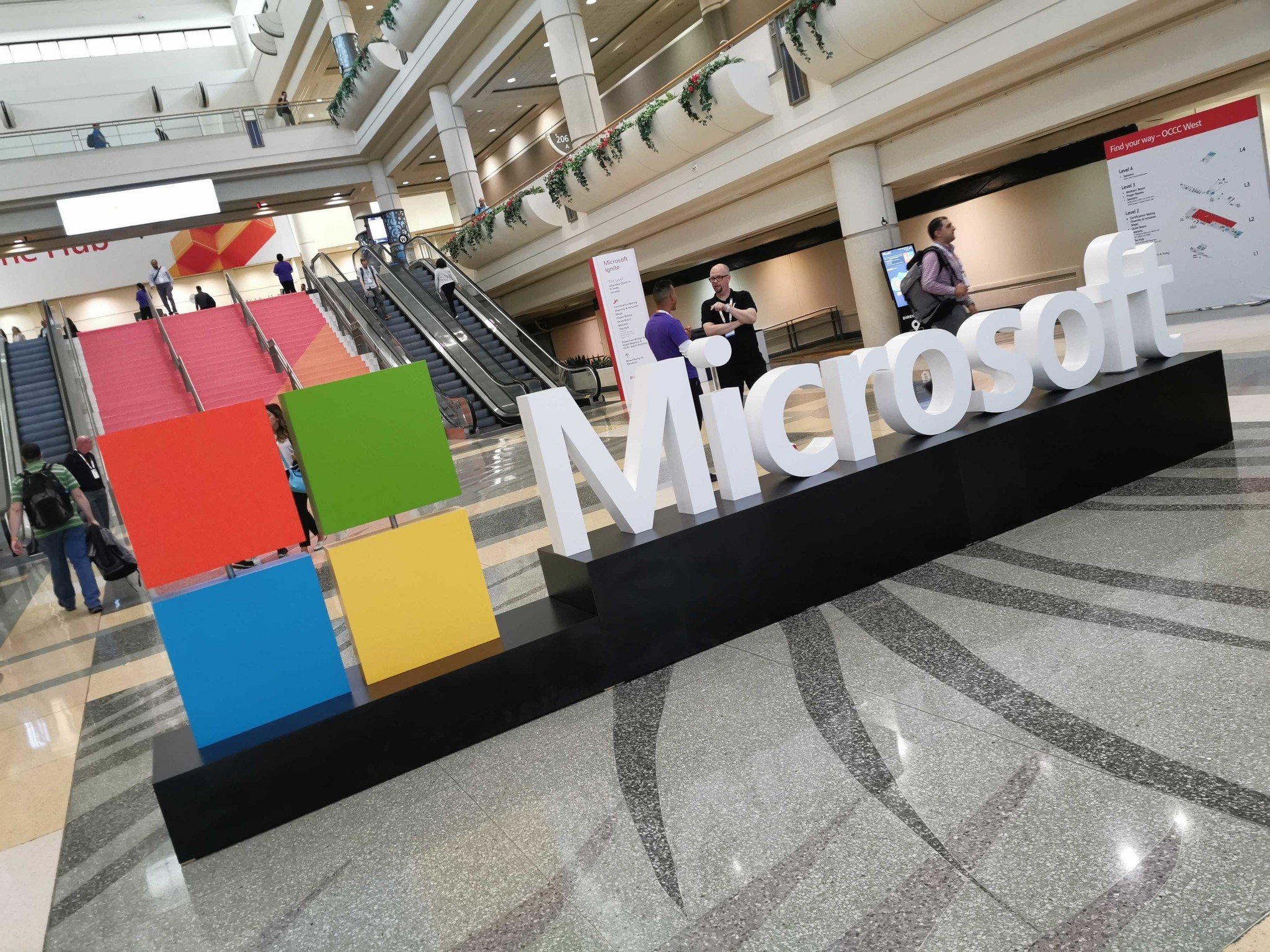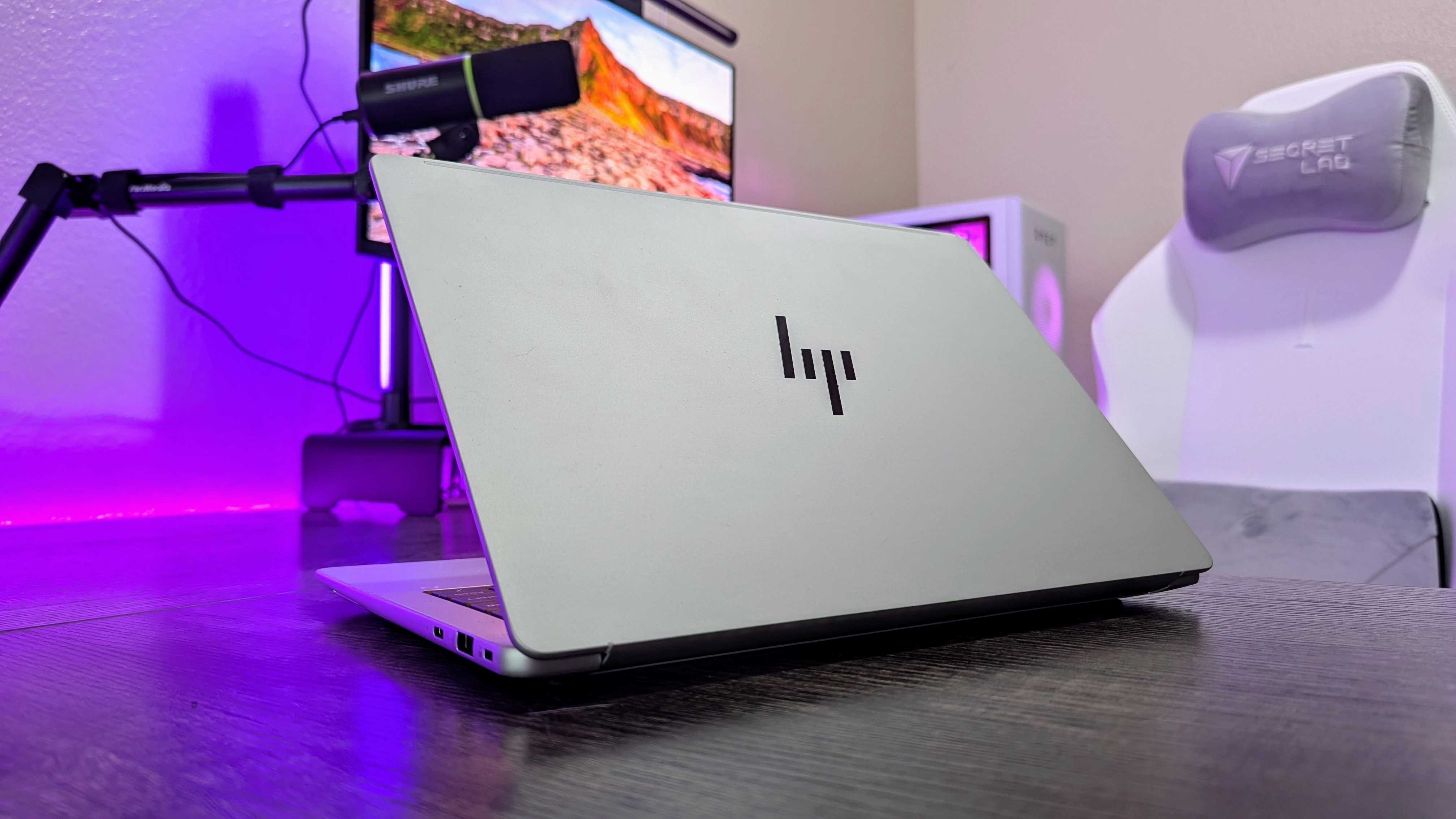Microsoft says 'innovation will suffer' if Epic v. Apple ruling is upheld
Microsoft joined 35 states and the U.S. Department of Justice in criticizing the original ruling of the Epic v. Apple case.

What you need to know
- Microsoft, 35 states, and the U.S. Department of Justice have submitted filings to the U.S. Court of Appeals for the Ninth Circuit regarding the Epic v. Apple case.
- Generally, the filings claim that the original ruling revolved around a misinterpretation of the Sherman Act, which is a law that bans monopolies.
- Apple and Epic Games have also filed appeals to the original ruling.
The Epic Games v. Apple saga continues, now with added input from Microsoft, 35 states, and the United States Department of Justice (DoJ). All of the aforementioned groups recently submitted legal filings disputing the original ruling of the Epic v. Apple case (via ZDNet). The arguments of the filings center around the belief that the original ruling by District Judge Yvonne Gonzales-Rogers misinterpreted the Sherman Act, which is a law put in place to prevent monopolies and anti-competitive practices.
"The district court's holding creates a paralyzing paradox: Once a firm acquires market power and unilaterally imposes a contract, then it is no longer subject to Section 1. Affirming this paradox would gut the Sherman Act and prevent the Amici States from enforcing antitrust violations by large firms that harm their citizens," said the filing by the attorneys general representing the 35 states.
The filing from the DoJ made similar arguments, claiming that the original ruling "committed several legal errors that could imperil effective antitrust enforcement, especially in the digital economy." The DoJ added that "if upheld, [the ruling] could significantly harm competition and consumers by allowing a minor benefit to condone a major harm."
"Apple uses its control over an essential component of modern communications technology — now the phones, rather than the phone network — to interfere with how its customers may deal with third parties in other markets," said Microsoft in its briefing.
Microsoft's briefing also argues that Apple has already done damage. "Consumers and innovation will suffer — indeed, they already have. The district court's reasoning failed to give sufficient weight to these immense competitive risks and, if broadly affirmed, could insulate Apple from meritorious antitrust scrutiny and embolden further harmful conduct."
This is just the latest development in a case that's had countless twists and turns since its inception. Check out our full rundown of all the biggest Epic v. Apple bombshells to drop from the case to find out how Walmart, Nintendo, and other companies have been roped into the legal vortex.
Get the Windows Central Newsletter
All the latest news, reviews, and guides for Windows and Xbox diehards.

Sean Endicott is a tech journalist at Windows Central, specializing in Windows, Microsoft software, AI, and PCs. He's covered major launches, from Windows 10 and 11 to the rise of AI tools like ChatGPT. Sean's journey began with the Lumia 740, leading to strong ties with app developers. Outside writing, he coaches American football, utilizing Microsoft services to manage his team. He studied broadcast journalism at Nottingham Trent University and is active on X @SeanEndicott_ and Threads @sean_endicott_.
